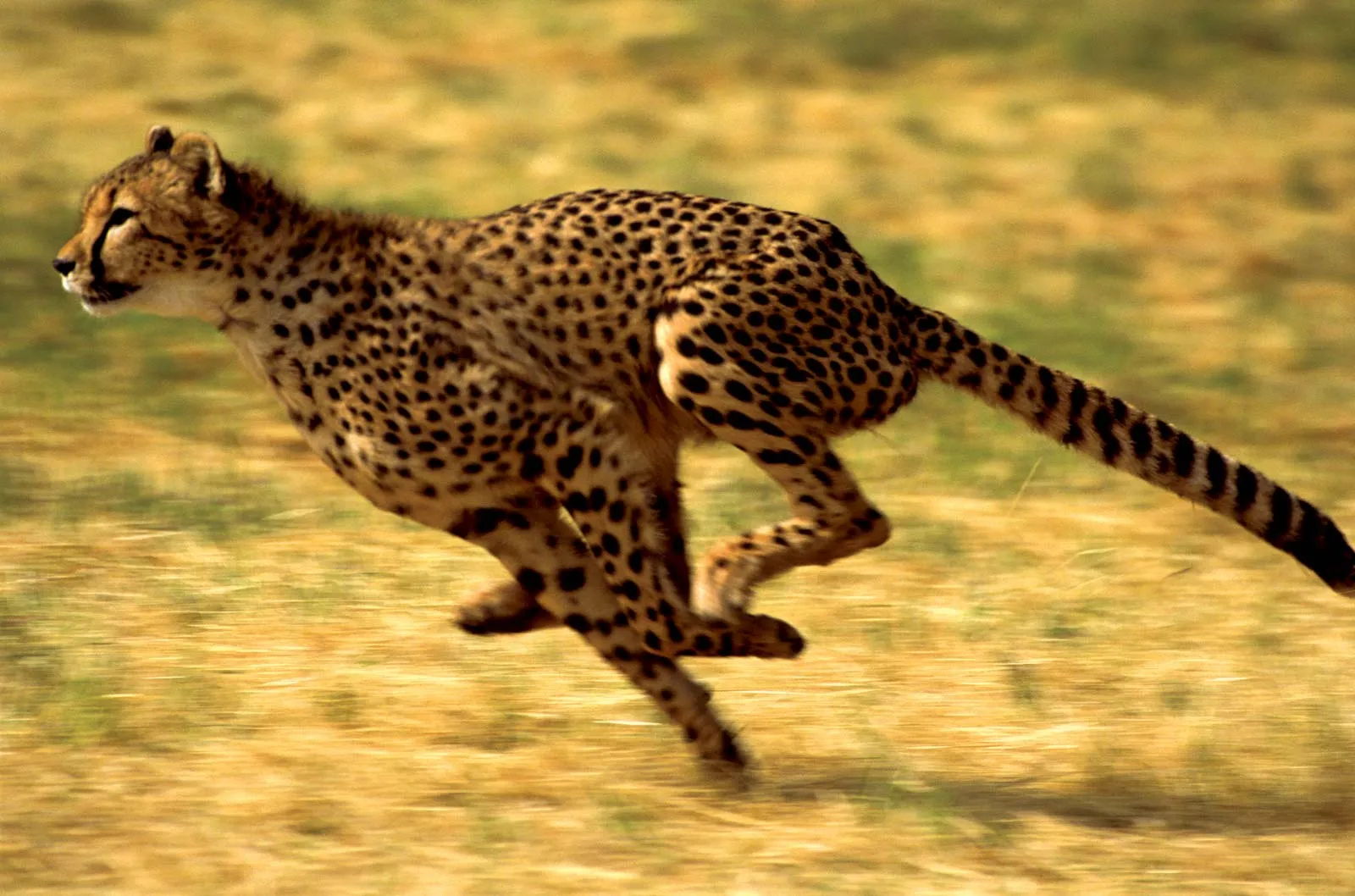On Saturday, eight Namibian cheetahs arrived in India, decades after their local extinction, as part of an ambitious attempt to restore the spotted large cats, the prospects of which have divided experts.
According to officials, this is the first transcontinental relocation of cheetahs, the world’s fastest land animals. Five ladies and three males were transported from a Namibian game reserve on a chartered Boeing 747, nicknamed “Cat plane,” for an 11-hour flight.
The release took place in Kuno National Park, a wildlife refuge 320 kilometres (200 miles) south of New Delhi chosen for its plentiful prey and grasslands.
“Today, the cheetah has returned to Indian soil,” Modi said in a video address following their arrival, which coincided with his 72nd birthday.
“India’s nature-loving awareness has also awakened in full force,” he continued. We cannot permit our efforts to fail.
“India’s nature-loving awareness has also awakened in full force,” he continued. We cannot permit our efforts to fail.
Each of the two to five and a half-year-old animals has been fitted with a satellite collar to track their travels.
They will be quarantined for approximately one month before being released into the open forest portions of the park.
Critics have cautioned that the animals may fail to adjust to their new environment in India.
Ravi Chellam, a conservation expert, stated that feral dogs and other animals could prey on leopard pups, which are present in substantial numbers in the park.
Under the present government action plan, “the chances of establishing a viable, wild, and free-ranging population of cheetahs in India are low,” he told AFP.
Before bringing the cats from Namibia, the habitats should have been prepared, he said. “It’s the equivalent of us going to a new city with only a subpar place to stay – Not a pleasant circumstance at all.”
Mahnur is MS(development Studies)Student at NUST University, completed BS Hons in Eng Literature. Content Writer, Policy analyst, Climate Change specialist, Teacher, HR Recruiter.










